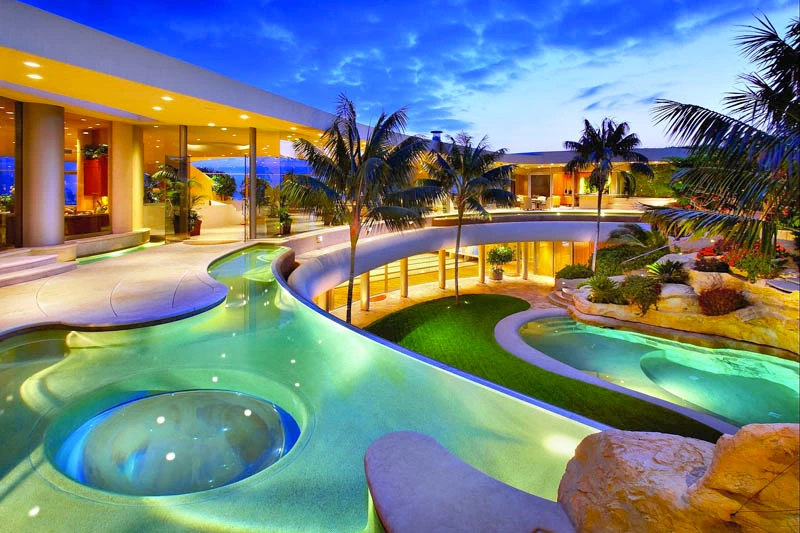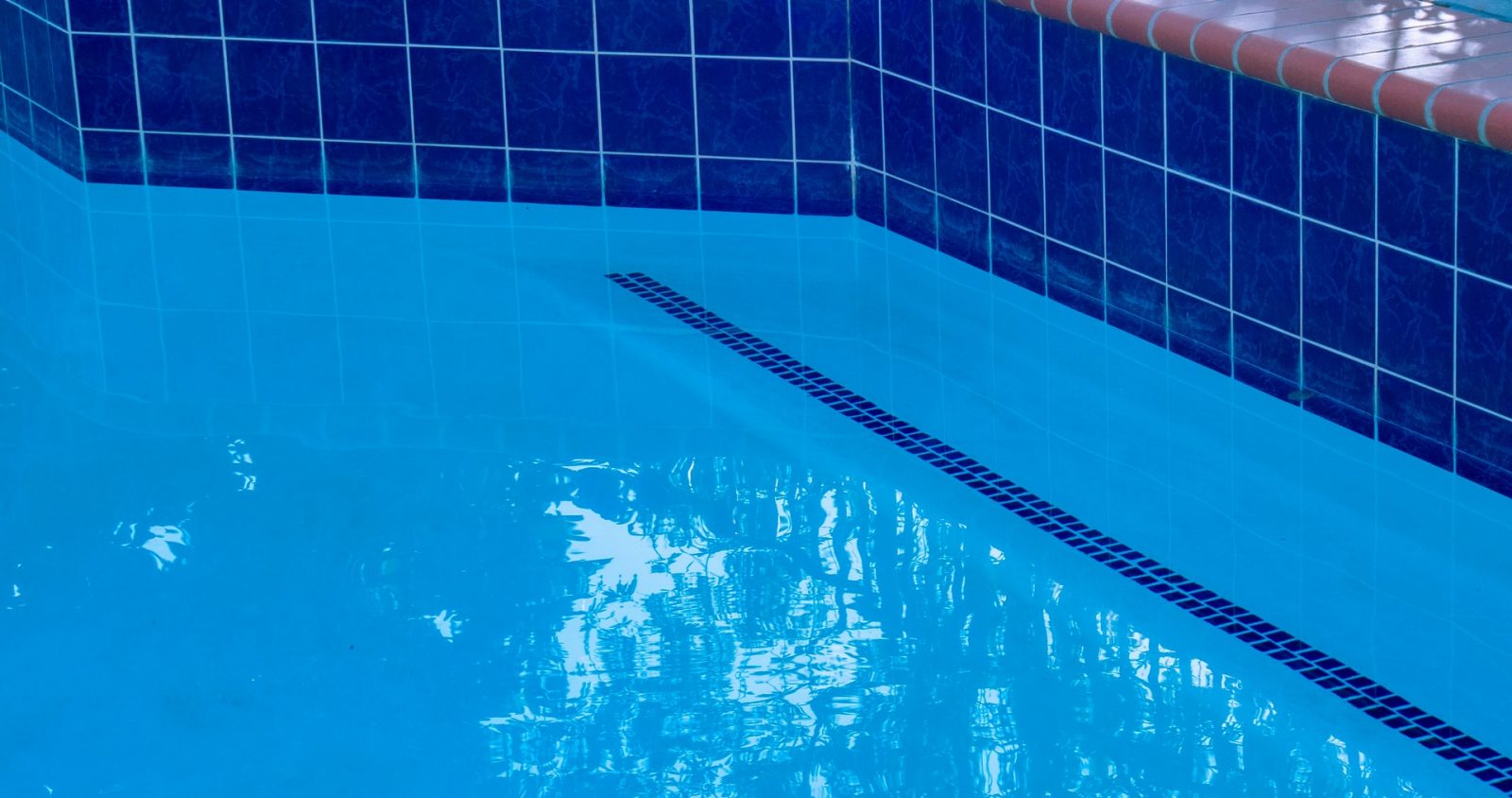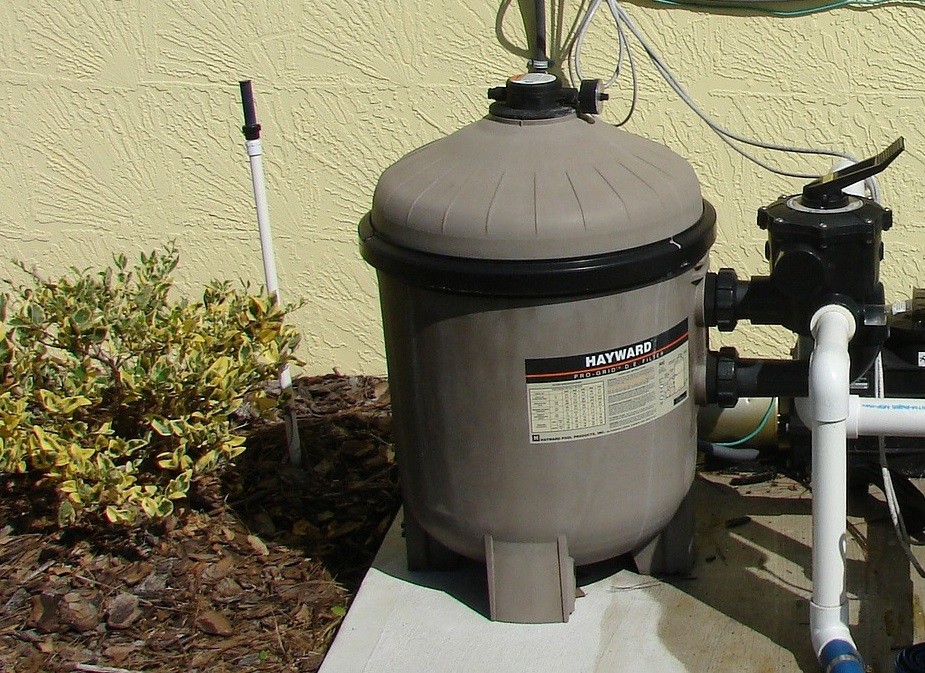Your swimming pool water color is enough to know what your pool’s condition is. It is one of the physical signs that pool experts are looking to know the health of a specific pool. A pool water’s color can be affected by various factors.
This article will talk about the factors that affect your pool water color and what it says about your swimming pool’s condition.
Factors Affecting Your Pool’s Water Color
First, we must know what the things that affect the color of your pool water are. This is important so that we can further understand how pool water chemistry works and how it can impact the overall health of your swimming pool.
So to start, here are the factors that likely affect the current color of your swimming pool.
Pool Finishes Dye
Most pool owners opt to dye their pool finishes. However, the dye used for pool surfacing and finishes can leak into the pool water, affecting the color of the water itself. Expect to notice water discoloration once this happens.
Ask assistance from a pool expert on how to resolve this issue. It could be best to contact your pool contractor and talk to them about the problem you are facing, as they were the ones who worked on your pool in the first place.
Organic Matters

Organic matter from the environment also has a significant impact on your pool water’s color. If these organic matter such as algae, foliage, insects, and the likes come into contact with the pool water chemicals, discoloration will happen.
To avoid this from happening, it is best to remove any organic matter found inside the pool immediately. Moreover, these organic matters can as well cause staining on your pool surface that can decrease the aesthetic value of your swimming pool.
Sun Exposure
How much exposure from the sun the water gets can also impact how it will look like. The angle on how the sunlight hits your pool water will create a distinct color on the pool.
When the sun is high and hits your pool water directly, it will provide a clear appearance on your pool water. However, when it’s late, and the sun is low, you will notice that the pool water becomes more muted.
Water Depth
Another factor to look at is the depth of your swimming pool. This factor can as well affect its color. The deeper it goes, the darker it gets. This is also a great way to identify shallow waters from the deeper part of your pool for safety.
Metals In the Water
City water often contains metals. This factor is the most common reason why pool water acquires its color. When these metal contents come in contact with the chlorine you add to your pool, then the water is expected to change in color.
Environmental Effect
When you say environmental effects, it means that your pool water’s color might result from its environment. For example, water can reflect the sky, and a blue swimming pool can be because of the clear sky above it.
In addition, if the surroundings of your pool area are full of greeneries such as trees, plants, and bushes, the chances are that your pool water will look greenish. Again, this is all because of the color that is reflected on the water’s surface.
Different Colors of Pool Water and Its Meaning
Now that you already know the possible factor that affects your pool water’s color let us go through each color you will encounter and its respective meanings.
Brown Water
Just like with swimming pool stains, brown-colored pool water means that copper or iron is present in the water. Iron is a metal that tends to rust, which provides its reddish-brown color. This can stain not only your pool surface but also the swimmer’s nails and hair.
Copper and iron that make your pool water brown usually come from the city water itself, old pool plumbings, pool pump, heater corrosion, and similar things. Cheap algaecides can as well be the source of copper contents on your pool water. So when choosing an algaecide to add to your pool, always choose based on quality.
Black Water

You read it right. Some swimming pool water becomes black when silver is present in the water. Just like typical silver jewelry that will tarnish or turn black in color when exposed to chlorine, the same happens on your pool water.
Once your pool water contains silver and you add chlorine to it, expect to see blackening of your pool water. This change is a result of a chemical reaction happening in the water itself. Additionally, some pools blacken due to black algae that might be growing on the pool’s surface.
Green Water
Aside from making pool water brown, copper can also be the cause why your pool water turns green. Again, the coloration of the water results from the chemical reaction that happens when copper is mixed with chlorine.
If copper is present, your pool water will turn light, bright green after adding chlorine to the pool. If this happens, it is best to locate the source of the copper contents of your pool water and address the issue accordingly.
Purple Pool Water Color
Swimming pools can sometimes become purple in color, especially if the pool water contains manganese or magnesium. This element in your water will turn it into purple when chlorine is added.
Furthermore, a high level of pool conditioner or chlorine stabilizer can also make your pool water purplish in color. This happens when these chemicals react with the copper that is present in your pool water.
Cloudy Pool Water
Cloudy pool water is an indication that your pool filtration system might not be working properly. When you notice that your pool water starts to become cloudy in appearance, it is best to check your filter for any damages or dirt and address it.
Once you address the issue with your pool filter, your pool water will become crystal clear again. However, suppose you are not confident in identifying the problem causing your pool to become cloudy or whatever color it appears. In that case, it is best to contact a pool service professional.
In Conclusion
Swimming pool water can come in different colors. However, it would be best if you were not worried as there will always be a logical reason behind it and a solution to each problem. Owning and maintaining a swimming pool is a challenging responsibility. But knowing simple things like this will help you succeed in doing these responsibilities.






